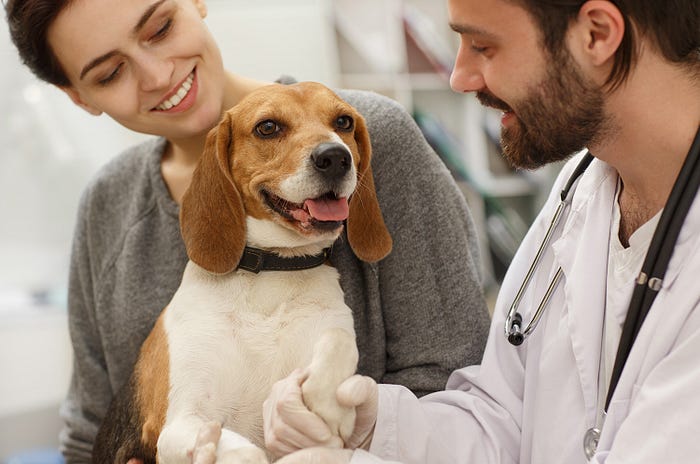Traveling with pets can be difficult, whether they are accompanying owners as pets, service animals, or emotional support animals. If you are considering going overseas, you will need to contact a vet’s office as soon as possible to make sure your pet meets the requirements for the respective county and is confirmed to be healthy to travel. This may include ensuring that she has had blood tests, that she is up to date with her vaccinations, and that you provide information on the microchip if requested.
Requirements for traveling with Emotional service animals
Many countries nowadays have been recognizing and allowing emotional support animals with legitimate esa letter for travel issued by recognized veterans and doctors to travel on airlines in recent years, in compliance with rules and regulations. Accepted service animals can also be used by those who are deaf or have impaired vision, mobility, or convulsions. This allowed owners to travel with small dogs and cats in special carriers that fit under the cabin seat. However, not all airlines have allowed this, and others have specified that pets are not allowed in the cabin. Some airlines carry animals as cargo only in ventilated and heated holds.

In some cases, an animal may be considered too large or heavy to be transported safely in the cabin, even if it has been classified as an emotional support animal. In these circumstances, it is possible to book a different flight with accessible seating, transport the animal in the hold of the plane or buy a ticket for the animal.
Let’s see the requirements to be fulfilled when traveling with an emotional support animal.
With the exception of a wide range of exotic animals, the requirements are typically the same, except for some countries, for all travelers who want to travel with their emotional support animal, as shown below:
- Getting an esa letter for travel issued by a recognized mental health specialist must be done.
- Only one emotional service animal per person is permitted; it should be a cat or dog.
- The animal must be at least 12 weeks of age to have the rabies vaccination, and it must wait 28 days before it can travel after this vaccination.
- Cats do not need a rabies vaccination to enter countries like the US, although it may be a requirement in several other countries.
- The animal must also be clean, trained, well-behaved, and able to stand under the seat in front of you or on your lap.
- The animal must also be inadequate hygienic conditions for the journey.
- In line with other health and safety rules of thumb on planes, your pet should not be placed in an exit row or protrude in aisles as it could be an obstacle, nor should it occupy a seat or eat from a coffee table.

As the rules are being revised, it is imperative that you check individual airline guidelines well in advance of your travel date. Contact your airline for more information if you are unfamiliar with the current rules and regulations for traveling with emotional support animals. But don’t forget to get esa certificate for travel before you travel with your lovely emotional support partner.





Comments